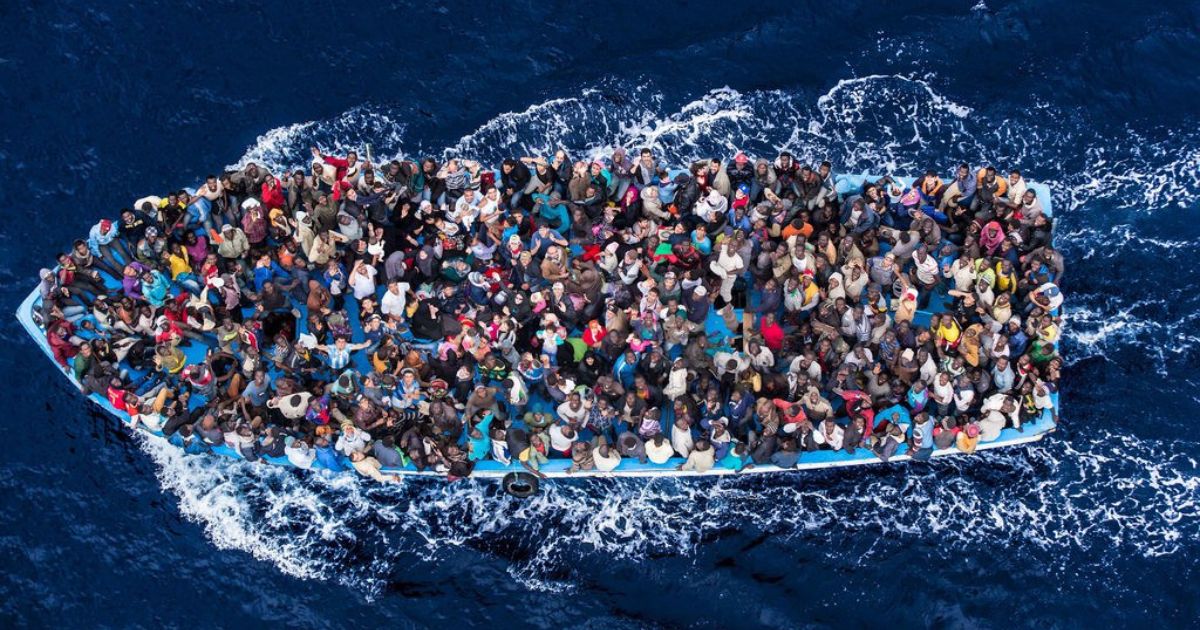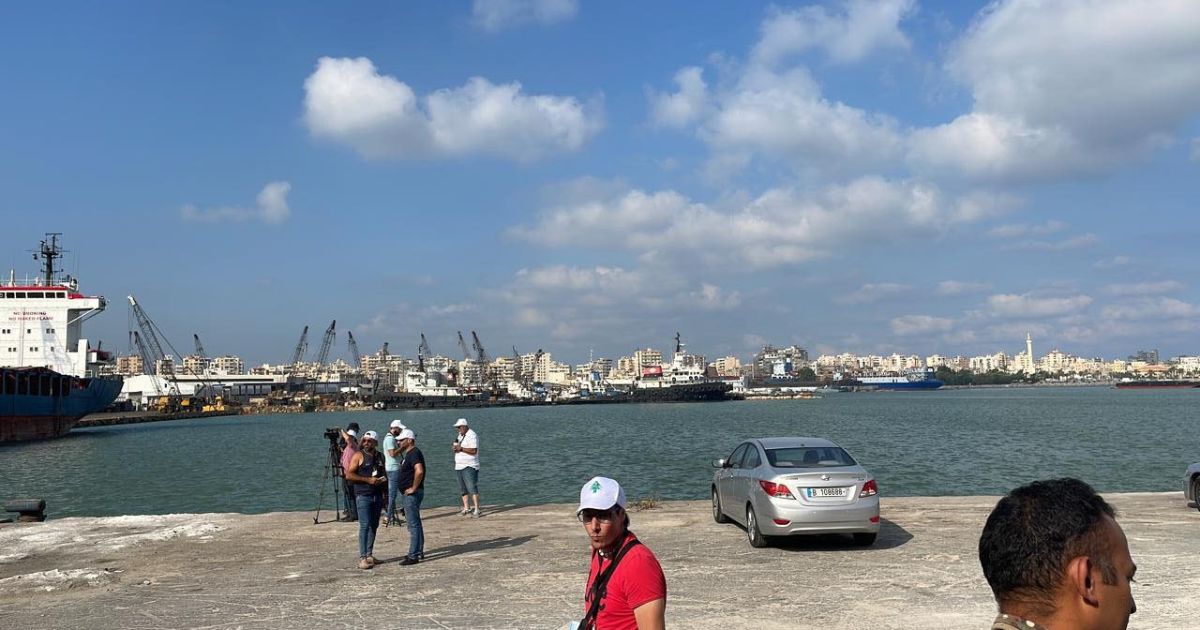The Lebanese revolution has hit Lebanon’s fragile economy even harder since its widespread in October, and Lebanese people have felt the weight of the economic crisis twice as hard around the Holiday season. But are people so desperate to leave that they are fleeing the country by boat? A small number of people did just this.
The country’s Naval Forces reportedly intercepted a boat off the coast of Tripoli with an estimated forty people onboard attempting to illegally flee the country, as stated by the Lebanese Army just a couple of days ago.
According to the Daily Star, on Saturday, December 4, 2019, at 10 PM, the Lebanese Naval Forces caught the boat and detained a man by the name of Bilal al-Moubayed, who was smuggling five Lebanese people and thirty-four Syrian nationals to an undisclosed destination, and without some of their paperwork and documentation.
All forty individuals on board were taken into custody, and the Lebanese Army has begun an investigation into the case. Just a few months earlier, in September, Lebanese Naval Forces stopped a boat trying to smuggle twenty-four Syrian nationals from the Lebanese border into Cyprus, an official statement by the LAF reported at the time.
Earlier this year, Lebanon’s Higher Defense Council issued a decision allowing authorities to deport Syrians who illegally entered the country, or who were illegally smuggled in, after April 24, 2019.
International Non-governmental Organization Human Rights Watch accused the Lebanese government last September of inflicting pressure upon the Syrian refugee community to return home through its decision to implement “the forced demolition of refugee shelters and a crackdown on Syrians working without authorization.”
UNHCR reports that, as of October 31, 2019, there are 918,974 Syrian refugees registered with the UN Agency, although estimates of their exact number differ. Lebanese politicians in all factions of the government have estimated the number to be closer to one and a half million – assuming this number does not change before the end of the year amid Lebanon’s own political and economic instability.















